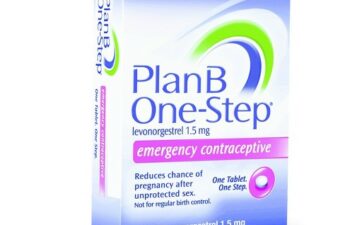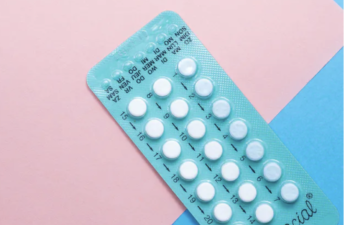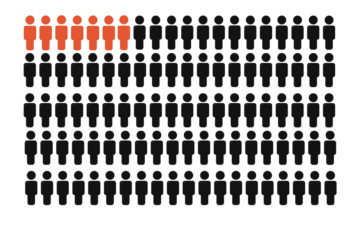Category: Contraception
Maternal death reviews get political as state officials intrude
Every state has a committee of medical and public health experts tasked with investigating deaths that occur during and after pregnancy. But as data paints a clearer picture of the impact that state policies such as abortion bans and Medicaid expansion can have on maternal health, leaders in some states are rushing to limit their review committee’s work — or halt it altogether.
Getting an IUD? Here’s what to know
IUDs are becoming one of the most popular forms of birth control for all ages
Do IUDs cause breast cancer? Here’s what the evidence says
For every 10,000 women, this study suggests we might see an extra 14 cases of breast cancer after up to five years of use, 29 cases after 5–10 years use, and 71 cases after 10–15 years use. In “absolute” terms – as a proportion of all the IUD users – all of these risk increases are comfortably under 1%.
Health News Headlines
Abortion rates rises – Lead in schools – Vision and hearing loss linked to dementia
Confusion, clinic closures may have caused big declines in contraception use, study shows
Among the 12 states with the most restrictive bans, the combined decline of emergency contraceptive prescriptions was 60%, and the decline for oral contraceptives was 24%.
The number of births continues to fall, despite abortion bans
Births continued a historic slide in all but two states last year, making it clear that a brief post-pandemic uptick in the nation’s birth numbers was all about planned pregnancies that had been delayed temporarily by COVID-19.
Social media will tell you birth control causes mental health issues, weight gain and infertility – here are the facts
In recent years, there’s been a rise in misinformation about hormonal contraceptives on social media. Some women are reportedly even stopping their birth control as a result of misleading posts they’ve seen on TikTok and Instagram.
Opill, the first over-the-counter birth control pill, will be on shelves soon − here are some key things to know
Within weeks, for the first time in the U.S. consumers will be able to find a birth control pill on retail shelves.
FDA approves first daily over-the-counter birth control pill, Opill – a pharmacist and public health expert explain this new era in contraception
The FDA’s approval of the first-ever over-the-counter daily birth control pill means that people could soon get them from the same aisles as aspirin, eye drops or condoms.
Emergency contraception is often confused with abortion pills – here’s how Plan B and other generic versions work to prevent pregnancy
There are two types of emergency contraception pills. The most widely known is levonorgestrel, which is sold in the U.S. under the brand name Plan B, along with numerous generic versions. The second type of emergency contraception pill is ulipristal acetate, which is sold under the brand name ella. Both Plan B and ella work by delaying ovulation
Breast cancer: progestogen-only and combined birth control both increase risk – here’s what you need to know
Until now, it was thought that only the combined hormonal pill carried a greater risk of breast cancer. But a recent study suggests that the progestogen-only pill (also known as the mini pill) and other forms of hormonal contraception also carry the same increase in breast cancer risk as the combined pill.
Sexual and reproductive telehealth services now available in Washington state.
Available telehealth services include birth control refills, pregnancy options counseling, emergency contraceptives, and screenings for sexually transmitted infections.
Post-‘Roe,’ Contraceptive Failures Carry Bigger Stakes
The failure rate for typical use of birth control pills is 7%. For every million women taking pills, 70,000 unplanned pregnancies could occur in a year. According to the most recent data available, more than 6.5 million women ages 15 to 49 use oral contraceptives, leading to about 460,000 unplanned pregnancies. Even seemingly minuscule failure rates of IUDs and birth control implants can lead to surprises.Even seemingly minuscule failure rates of IUDs and birth control implants can lead to surprises. Some 4.8 million women use IUDs or implants in the U.S., leading to as many as 5,000 to 20,000 unplanned pregnancies a year.
When abortion at a clinic is not available, 1 in 3 pregnant people say they will do something on their own to end the pregnancy
Overall, 34% of pregnant women surveyed would definitely or probably consider doing something on their own to end their pregnancy if they couldn’t get an abortion in a clinic.
How primary care is poised to support reproductive health and abortion in the post-Roe era, UW doctors say
Emily M. Godfrey, University of Washington and Adelaide H. McClintock, University of Washington Just over a month after the Supreme Court struck down 50 years of federal protection of abortion rights in the U.S., at least 43 abortion clinics in…














